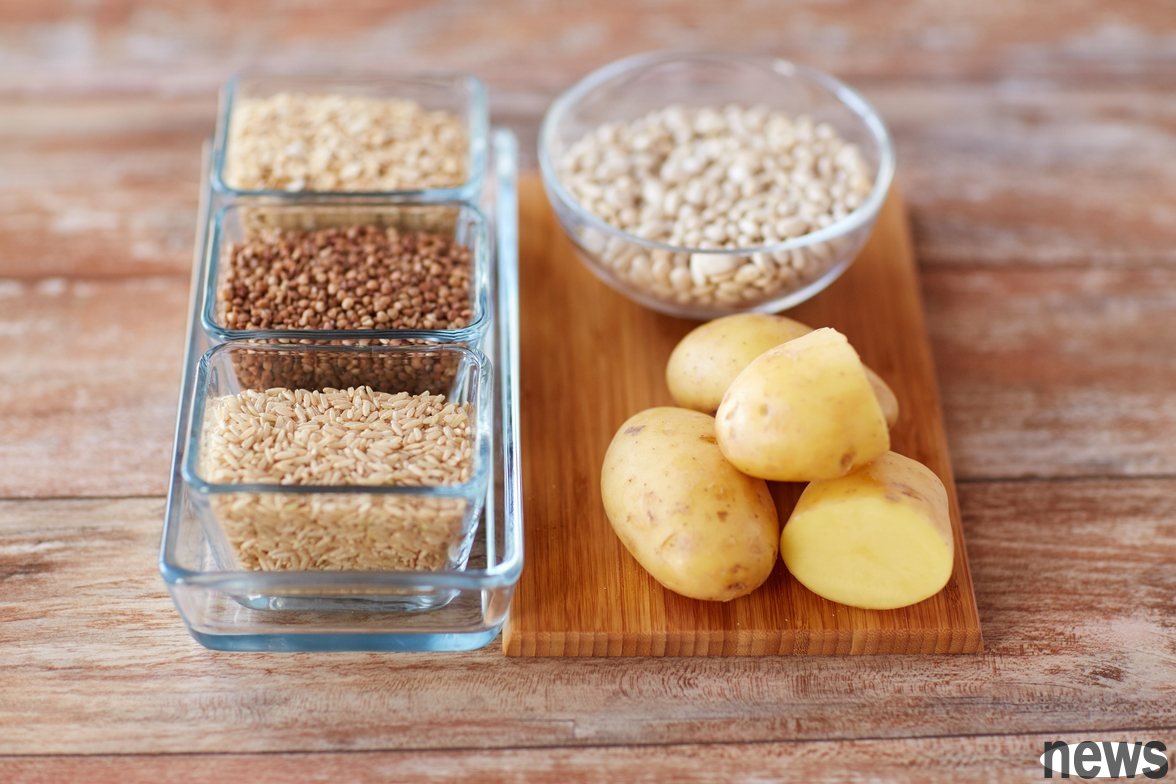Most people know that sweets and soda can quickly raise blood sugar. But you may not know that many common salty foods and refined starches can also have a severe impact on blood sugar. People with diabetes or pre-diabetes need to pay special attent...

Most people know that sweets and soda can quickly raise blood sugar. But you may not know that many common salty foods and refined starches can also have a severe impact on blood sugar. People with diabetes or pre-diabetes need to pay special attention.
If you are struggling with blood sugar control, the following information will help you manage your health more comprehensively.
Why does blood sugar spike after a meal?When you eat a meal or snack, your blood sugar will rise. In most healthy people, the pancreas will secrete insulin to bring your blood sugar back to normal. But if you have diabetes or have poor insulin sensitivity, your blood sugar may remain high for a long time.
This will result in:
. Dizziness, lack of concentration. Fatigue, thirst
. Headache
. When blood sugar is extremely high, you may even faint
Long-term poor blood sugar control will also increase the risk of complications such as heart disease, kidney disease, and neuropathy.
How to stabilize blood sugar through diet? 1. Choose the right carbohydratesNot all carbohydrates will increase blood sugar in equal proportions. The glycemic index is a measure of how quickly a food raises blood sugar. The higher the value, the faster the blood sugar rises. Choosing low GI foods can help stabilize blood sugar.
Controlling blood sugar is not just about eating less sweets. Many common staple foods and vegetables may also cause blood sugar to rise quickly. Foods such as white rice, white bread, rice noodles, potatoes, corn and pumpkin are all high GI foods, and long-term intake can easily cause blood sugar fluctuations.
You can substitute the following ingredients, such as quinoa instead of white rice, sourdough bread instead of white bread, and buckwheat noodles instead of rice noodles. These low-GI foods rich in fiber and protein can help delay the rise in blood sugar.
In addition, broccoli, edamame, and carrots are vegetable choices that are less likely to affect blood sugar and can also provide rich nutrition.
2. How to eat the three meals?. You can’t skip breakfast: Studies have shown that consuming a breakfast containing 35% protein and about 500 calories, such as a combination of eggs, beans, and whole grains, can help stabilize blood sugar throughout the day.
. Dinner should be low-carb: The most difficult time of the day to control sugar is after dinner. It is recommended to choose meals that are low in refined carbohydrates and contain protein and healthy fats, such as chicken breast with stir-fried vegetables.
. Avoid meals too close together: It is best to space meals 4 to 5 hours apart. If you need to eat a snack, it is recommended to do it 2 to 3 hours after the last meal to avoid keeping blood sugar at a high point for a long time.
These 5 lifestyle habits also affect blood sugar1. Take a 15-minute walk after a mealResearch shows that walking after a meal can help lower blood sugar, and the effect can last up to 3 hours. Even just walking easily allows your body to send blood sugar to your muscles for use as energy.
2. Get enough sleepAs long as you don’t sleep well for one night, your body’s response to insulin will deteriorate, causing blood sugar to rise. It is recommended to get 7 to 8 hours of sleep every night and maintain a regular schedule.
3. Reduce stressStress causes the body to release adrenaline and cortisol, reducing insulin sensitivity and causing blood sugar to rise. You can relax through meditation, yoga, deep breathing, or walking.
4. Replenish waterDehydration will increase blood sugar concentration. It is recommended that the daily amount of water consumed should be adjusted based on body weight and activity level. Generally, adults need about 2 liters of water per day.
5. See the dentist regularlySome studies have pointed out that gum inflammation or periodontal disease can make it more difficult to control blood sugar. People with diabetes are recommended to receive dental check-ups and cleanings at least once a year.